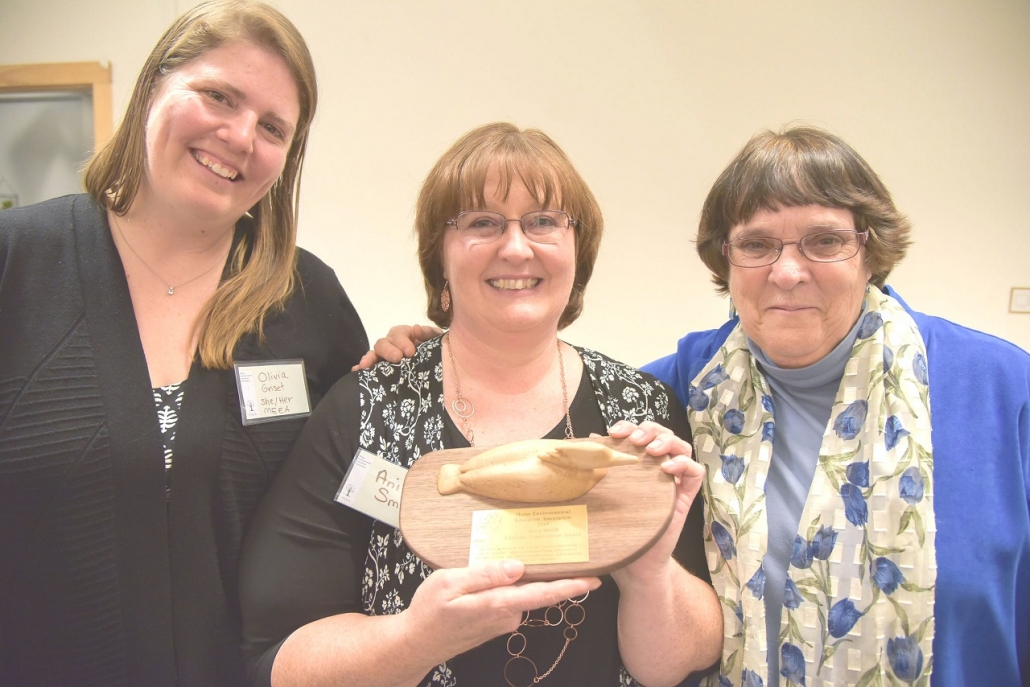China selectmen thought they approved the final warrant for the April 4 town business meeting at their Feb. 18 meeting (see The Town Line, Feb. 20).
Afterwards, Town Manager Dennis Heath discovered three needed expenditures that had been overlooked. The selectmen and budget committee therefore met Monday evening, Feb. 24, to approve the final, final warrant.
Both boards quickly accepted the revised figures, which added $35,500 to the amounts previously recommended. Heath explained that the figures were on the budget sheets selectmen and budget committee members reviewed, but the program that translates budget sheets into warrant articles overlooked them. Heath and town office staff spotted the omissions as they did one last warrant review.
The total municipal budget voters will approve or amend is well over $4.3 million, with the selectmen’s and budget committee’s recommended expenditures differing by a little over $2,000 and, Heath emphasizes, sources other than local taxation providing significant income.
At the Feb. 18 meeting, the other major action was approval of a new employment agreement with Heath, after a discussion in executive session. The vote to approve was 3-1, with Wayne Chadwick voting no.
Chadwick later explained he wanted more time to review the contract. He thinks it “has potential long lasting liability for the town,” and he would have liked to ask the town attorney questions about some of the clauses.
In other business Feb. 18, selectmen unanimously signed a new contract with town attorney Amanda Meader, retroactive to Jan. 1.
Heath said he used the new communications network to notify residents during a recent ice storm and during the Spectrum outage. The network has two capabilities, he said. Hyper-Reach sends messages to residents who have signed up, by the medium of their choice, all over town. Accu-Reach automatically calls people in a specific area affected by the emergency, both people who have signed up and people who have a landline with a listed number.
Selectman Donna Mills-Stevens said she has a landline but did not get any calls.
Residents who would like to sign up for emergency notifications should start by clicking on Emergency Preparedness on the left side of the town website and follow instructions under “Sign up for Emergency Alerts from the Town of China.” (Or click here to go directly to the sign-up.)
Selectmen’s seat at stake Tuesday
On Tuesday, March 3, in addition to the state primary elections and referendum vote, China holds a local election to fill the vacant seat on the Selectboard. Candidates are Christopher Hahn, Janet Preston and Kevin Rhoades. Polls are open from 7 a.m. to 8 p.m. in the former portable classroom behind the town office.
The 2020 town business meeting begins at 9 a.m. Saturday, April 4, at China Middle School, with doors open for check-in at 8:30 a.m. A quorum of 118 registered voters must be present to open the meeting.
Revising earlier bookkeeping (see The Town Line, Feb. 6), Heath transferred expenditures for installing three-phase power at the transfer station from the contingency fund to the transfer station reserve fund. The result is that the $55,000 contingency fund, which voters authorized selectmen to spend for unanticipated expenses, has a balance of more than $46,000, instead of less than $4,000. Selectmen and budget committee members recommend voters approve the same amount for the 2020-21 fiscal year.
The manager reported progress on two ongoing projects:
- The state has donated 64 ten-foot planks to be used to upgrade the boat launch at the head of China Lake’s East basin, and the Tax Increment Financing construction subcommittee is preparing to solicit bids for work in the area.
- The Broadband Committee continues to work on plans for a town-wide broadband survey.
At the Feb. 24 joint meeting with the budget committee, after swift agreement on the revised figures, selectmen spent another half hour discussing how the warrant articles should be written.
All but five ask, “To see what sum of money…,” so-called open articles that voters can approve, decrease or increase at the town meeting. Below each article the selectmen’s and budget committee’s recommendations are printed.
The other five – for town administration (Art. 3), fire and rescue services (Art. 9), social services (Art. 13), community support organizations (Art. 14) and Tax Increment Financing expenditures (Art. 19) – ask “To see if the Town will vote to raise and appropriate” a specified amount. These articles are called capped; voters can approve or reduce them, but they cannot increase the stated appropriation.
Chadwick wants the five capped articles rewritten as open articles. He emphasized that he does not want more money spent, but thinks voters should have the option.
“I hope they don’t vote to raise any of them. I’d encourage people to vote lower numbers. But they ought to have a choice; it’s their money,” Chadwick said.
Breton objected to making the changes, fearing the minority who attend town meetings would increase expenditures enough to raise taxes substantially.
Budget Committee Chairman Robert Batteese observed that for the last 25 years all but one article have been open. Last year, he said, voters added $13,000 to recommended amounts – “That didn’t break the budget.”
After a sometimes acrimonious discussion among selectboard members, Chadwick’s motion to uncap the five articles failed on a 1-1 vote, with Chadwick in favor, Breton opposed and Mills-Stevens and Irene Belanger abstaining.
The next regular China selectmen’s meeting is scheduled for Monday evening, March 2.
 The China Four Seasons Club (CFSC) and The China Village Volunteer Fire Department (CVVFD) are pleased to announce the first China Lake Ice Fishing Derby to be held on Sunday March 1.
The China Four Seasons Club (CFSC) and The China Village Volunteer Fire Department (CVVFD) are pleased to announce the first China Lake Ice Fishing Derby to be held on Sunday March 1.








 To the editor:
To the editor:
